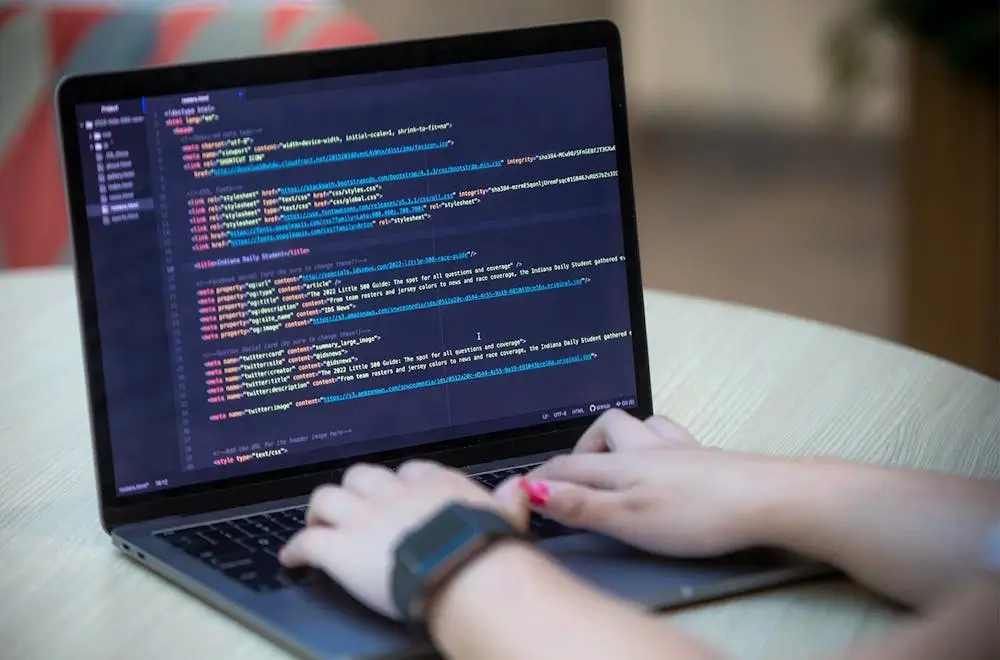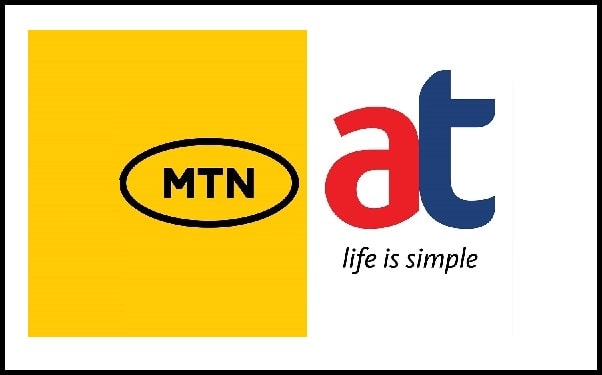Coding as a Second Language: Should Programming Be Mandatory in Schools?

Should programming be mandatory in schools? Continue reading to find out more about this controversial topic in our education system.
Welcome to the digital age, where toddlers can learn to code too! Coding isn’t just for tech-savvy people! Consider giving your child the superpower of coding, a talent that allows for countless creative possibilities and boundless creative expression in the digital world.
Coding promotes problem-solving and creativity in children. It’s more than just creating lines of code; it’s about cultivating a mindset—a way of thinking that divides big problems into digestible pieces. Individuals can use computational thinking to recognise patterns, design efficient solutions, and apply them in real-world scenarios. Whether it’s building a science fair project, an online portfolio, or an app that promotes community recycling, coding gives young minds the tools they need to face obstacles.
Young programmers learn early maths and reading skills through non-tech play. Coding improves cognitive skills in the same way that studying an instrument or mastering a sport does. It’s similar to taking a ceramics class; even if you don’t become a professional potter, you’ll learn about the complex combination of skills and information required to create a beautiful work. Similarly, coding is about preparing children to be informed observers and critics of technology, not just computer programmers.
Coding is a creative outlet, not a tedious task. Young coders improve their spatial reasoning skills by imagining and building digital worlds and functionalities from scratch. They develop their skills as virtual landscape architects, creating animations, games, and interactive experiences. The ability to visualise and create is a superpower that goes beyond coding; it is a life talent.
Coding requires ongoing learning from mistakes. Debugging becomes second nature, and refining ideas to achieve a goal becomes a routine. Resilience and adaptation are valuable life qualities. Being adaptive is critical in a society that is always changing and where technology influences our daily lives. Coding encourages children to accept problems, iterate, and endure until they reach their goals.
Some argue that artificial intelligence (AI) will replace human coders. But that’s a restricted perspective. AI does not alter the core reasons why children should learn to code. Coding promotes critical thinking, ethical awareness, and the ability to mould technology ethically. As our world becomes more AI-powered, informed ethical oversight is more important than ever.
So, should programming be mandated in schools? Absolutely! It is more than just preparing the next generation of programmers; it is also about developing well-rounded, empowered persons capable of thriving in a digital world.
Remember, coding is more than simply a language; it is a way of thinking, a creative outlet, and a ticket to the future. Let us teach our children this crucial talent and watch them change the world, one line of code at a time.
READ ALSO; Education Director appeals for renovation of Pelungu kindergarten block


 GES 2024-2025 Academic Calendar for Public Schools
GES 2024-2025 Academic Calendar for Public Schools  GES to recruit university graduates and diploma holders-GES Director General
GES to recruit university graduates and diploma holders-GES Director General  GES is expected to announce reopening dates for public schools today
GES is expected to announce reopening dates for public schools today  Dr. Bawumia’s Smart Phone Credit Will Take 125 Years To Repay: A Misleading Promise
Dr. Bawumia’s Smart Phone Credit Will Take 125 Years To Repay: A Misleading Promise  2024-2025 Report Card Grading, Student Attitudes, Interests and Conduct Samples for Teachers
2024-2025 Report Card Grading, Student Attitudes, Interests and Conduct Samples for Teachers  US Staffing Agencies Recruiting International Job Seekers With Work Visa Sponsorship
US Staffing Agencies Recruiting International Job Seekers With Work Visa Sponsorship  Buy 1 Gig MTN or Airtel Tigo data for only GHS6.00 not GHS17.00
Buy 1 Gig MTN or Airtel Tigo data for only GHS6.00 not GHS17.00